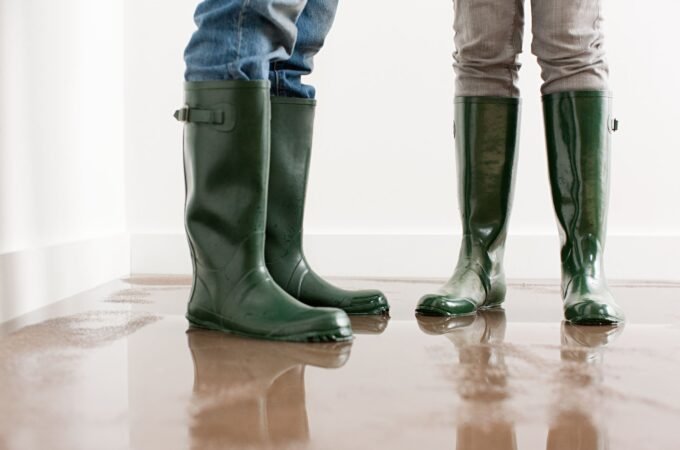
Choosing Between Quartz And Granite Kitchen Countertops
The time has come for new countertops but you can’t decide which direction to go as to the type of materials your prefer. For many homeowners the choice comes down to one of two options, granite or quartz.
There are definite differences between the two of them, each offering specific advantages and disadvantages for long-term use in the home. So which is best for your home, quartz or granite sterling va? You may be surprised at how the disparities between the two materials can make one better suited than the other depending on certain factors such as cost, lifestyle, and your ability to perform routine maintenance.
Here are some of the most important comparisons you must consider as you decide between quartz and granite for your countertops:
Table of Contents
ToggleDurability
At first glance, you’re getting a reliable, long-lasting, durable material whether you select quartz or granite for your countertop. It’s when you look a little closer and consider the extent of the abuse your counters will endure that a true distinction can be made. Since the kitchen is the room where you will be preparing meals and baking, you must consider how your countertops will hold up under all of that pressure.
Those counters are going to see a lot of action in the form of cutting and chopping of food ingredients and they will need to support lightweight and heavy appliances in equal measure. Not to mention extreme temperatures. Think about when you take a pot from direct heat off your stove or pull a baking pan from a 450 degree oven. Which of the two materials is going to withstand that kind of heat best?
In this category, granite is your winner. Quartz will actually burn when exposed to a searing hot pot or pan through direct contact. Granite, on the other hand, is formulated using high temperatures, making it all but indestructible under the extreme heat that comes with cooking and baking with your kitchen utensils.
So you can place your hot pot or pan on your granite counters, for quartz you will need to place something underneath in order not burn the material.
Vulnerable to Scratches
You guessed it, quartz is also easy to scratch than granite. Both materials are going to stand up to light wear and tear but if you are cutting and chopping away with sharp knives and pointed utensils you are bound to hit the counters more than a few times, either by mistake or by design.
That’s going to make your quartz countertops look rather damaged over time. With granite you can literally cut your meats and vegetables directly on the surface of the counters if you prefer and not make one dent. This isn’t something we suggest as that could spread food-borne bacterias and germs but, hey, who are we to judge?
Where your countertops are concerned, granite is much more resilient against scratches than quartz.
Chipping can also be a concern. It’s pretty tough to chip either material since both are so durable, yet it happens. Something heavy falls from your cabinet or you fumble that iron skillet for some reason. Accidents happen and when they do you could end up with a small piece of your countertop chipped away. It’s ugly and unsettling and the first thing going through your head is wondering how much it’s going to cost to repair.
For a granite countertop, not only will it be inexpensive but easy to fix. You can probably even do the work yourself with the easy to use kits that you can buy in stores. Quartz is much more of a challenge to fix. Sure you may be able to do it yourself as they do sell similar home repair kits for quartz, but the work is much tougher to get right so that it doesn’t look like it’s been repaired by a novice at the task.
Maintenance
You may be concerned that it can be difficult to clean granite countertops. It’s true that granite is much more porous than other types of stone, which could mean that your counter absorbs bacteria through liquid. Sure that can happen, but only if your granite hasn’t been sealed properly. But not to worry, most granite countertops are fully sealed by the manufacturer before they are installed in a consumer’s home.
Quartz doesn’t have this problem but the resin that is used to prevent it from absorbing bacteria and liquid is also what makes it so vulnerable to burns and scratches under normal use.





